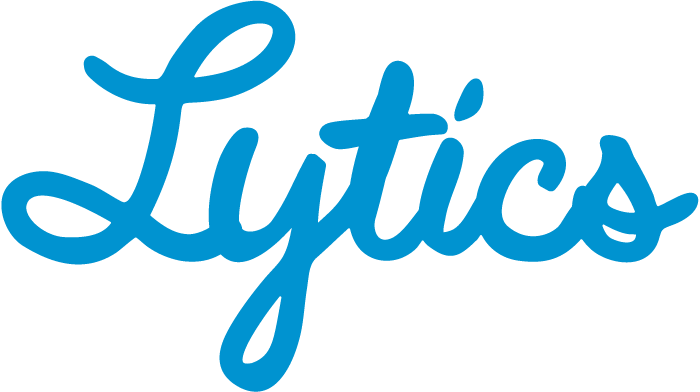CDP Vendors Answer the Skeptics
March 19, 2017A recent post on this blog listed several common objections raised by Customer Data Platform skeptics. We asked CDP vendors to respond. Here’s a digest of what they said. See the full answers as comments on the previous post.
General
- Cory Munchbach, Blueconic: These objections reflect unfamiliarity with CDPs or general tech issues.
- George Corugedo, RedPoint: Important to start with clear definition of CDP, as data environment to create and update Golden Record, used to support customer engagement for digital transformation.
Objection 1. CDP is too good to be true. Response: See for yourself.
- George Corugedo, RedPoint: We do this. Talk to our clients.
- Cory Munchbach, BlueConic: You can try it for free by adding two lines of Javascript to your Web site. See https://www.blueconic.com/what-am-i-getting/
Objection 2. CDP is just a data lake. Response: CDP has specialized features that data lakes don’t.
- Kiyoto Tamura, Treasure Data: CDP uses data lake technology but provides additional capabilities including prebuilt connections to common marketing systems, marketer-friendly query interface, and automated marketing decisions via data-driven marketing. Even technical experts who could manage their own data lake find a CDP saves them vast amounts of effort: the marketing analyst team at our clients at Shiseido did just that.
- Anthony Botibol, BlueVenn: Data lake serves many departments while CDP is specific to marketing and serves marketing needs including single customer view and fast access without help from other departments.
- Julia Farina, Lytics: It can be hard to get data out of a data lake. CDPs have prebuilt integrations with marketing tools and some include native execution tools.
- George Corugedo, RedPoint: Not at all the same. We can use many different data engines, including SQL and non-SQL. Hadoop is one option.
- Cory Munchbach, BlueConic: CDP is designed to support specific marketing objectives. For example, BlueConic makes data available in real time. A data warehouse or data lake can take days, which is too slow for many marketing needs.
Objection 3. CDPs don’t help because organizational issues are the real bottleneck. Response: CDP can’t cure this but it’s only a problem in some companies.
- Laura Corbalis, AgilOne: Can be true. CDPs reduce the resources needed to access and use data, freeing up time for testing,strategy, and execution.
- Cory Munchbach, BlueConic: Can happen if company doesn’t recognize need to use data to drive the business.
- George Corugedo, RedPoint: CDPs are an enterprise-wide initiative and take senior leadership to break down barriers.
Objection 4. Identity management is what’s really tough. Response: CDP solves this tough problem.
- Pedro Rego, BlueVenn: CDPs can do advanced identity management, create a single customer view, build a Golden Record, combine identified and anonymous data, and stay in compliance with privacy regulations.
- George Corugedo, RedPoint: It’s tough and CDPs do it very well.
- Cory Munchbach, BlueConic: Solutions are available, with or without a CDP. Not a reason to avoid CDPs.
Objection 5. Users will always need supporting services. Response: CDP makes things easier but you do still need skills.
- Laura Hazlett, Ascent360: CDP makes marketers more productive and less reliant on support from IT or a CDP vendor.
- Cory Munchbach, BlueConic: Not a CDP problem although it’s true that companies need adequate skills to use what CDPs provide.
- George Corugedo, RedPoint: Whether people need support is separate from whether they use a CDP.


